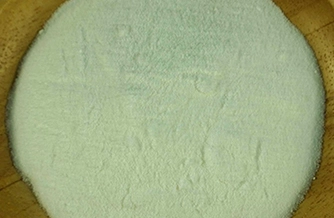Vitamin B

It is a group of water-soluble vitamins, which plays an important role in cell metabolism and synthesis of red blood cells. Each vitamin B is a cofactor involved in key metabolic processes (usually in the form of coenzymes) or a precursor required for the manufacture of vitamin B. They help regulate metabolism, maintain skin and muscle health, enhance the functions of the immune system and nervous system, so as to promote cell growth and division (including promoting the production of red blood cells, so as to prevent anemia). Among them, vitamins B1, B6 and B12 help protect nerve tissue cells, while vitamin B2 has antioxidant effect. Plants can naturally synthesize vitamin B2, but humans and animals generally cannot, It must be obtained from food. Vitamin B2 is one of the essential elements to maintain the normal growth of animals. If it is deficient, it may lead to growth arrest or local damage.
